Oral health for babies
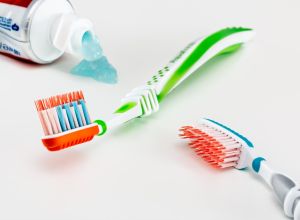
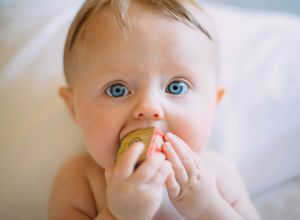
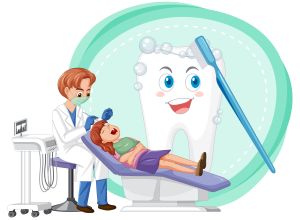

When should I start brushing my child's teeth?
Children should have their teeth brushed by an adult as soon as the first tooth erupts, using a toothpaste containing at least 1000ppm fluoride.
- Good oral health is important for good general health. Mouthcare is an important part of personal care
- In order to care for your child’s mouth, it is important to know how to care for your own mouth
- A child’s first teeth (baby/deciduous teeth) are just as important as the adult teeth - poor oral health behaviour will affect both teeth and gums
- Tooth decay can cause pain, infection, sleepless nights, time off nursery/school and time off work for parents/carers
- Small children often need a general anaesthetic to have decayed teeth removed, which can be an unpleasant experience and is not without risk
- Baby (deciduous) teeth are important to guide the adult teeth into the right position. If they are lost early, the spaces for the adult teeth can be lost, and they may come through crooked
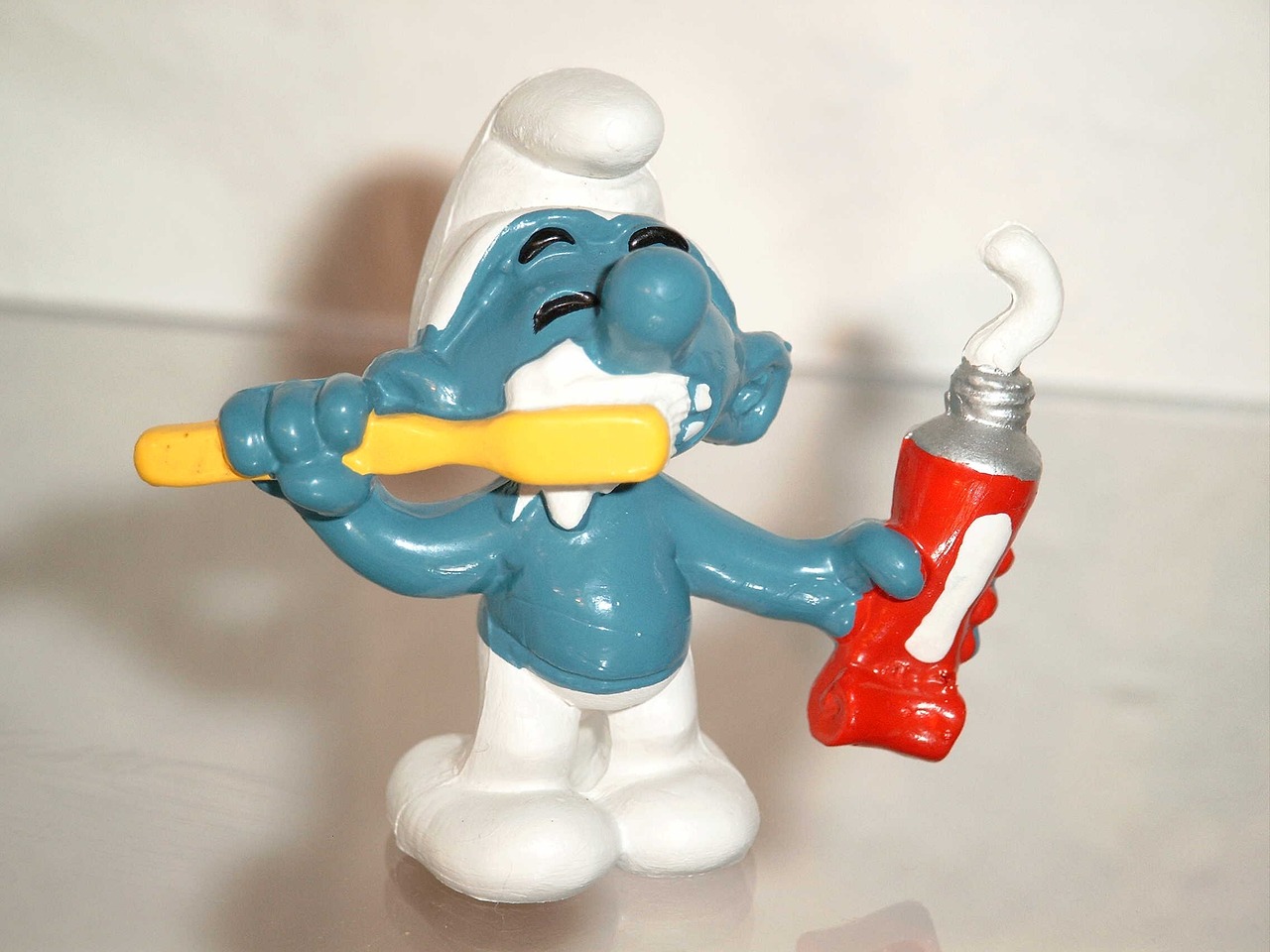
Teething
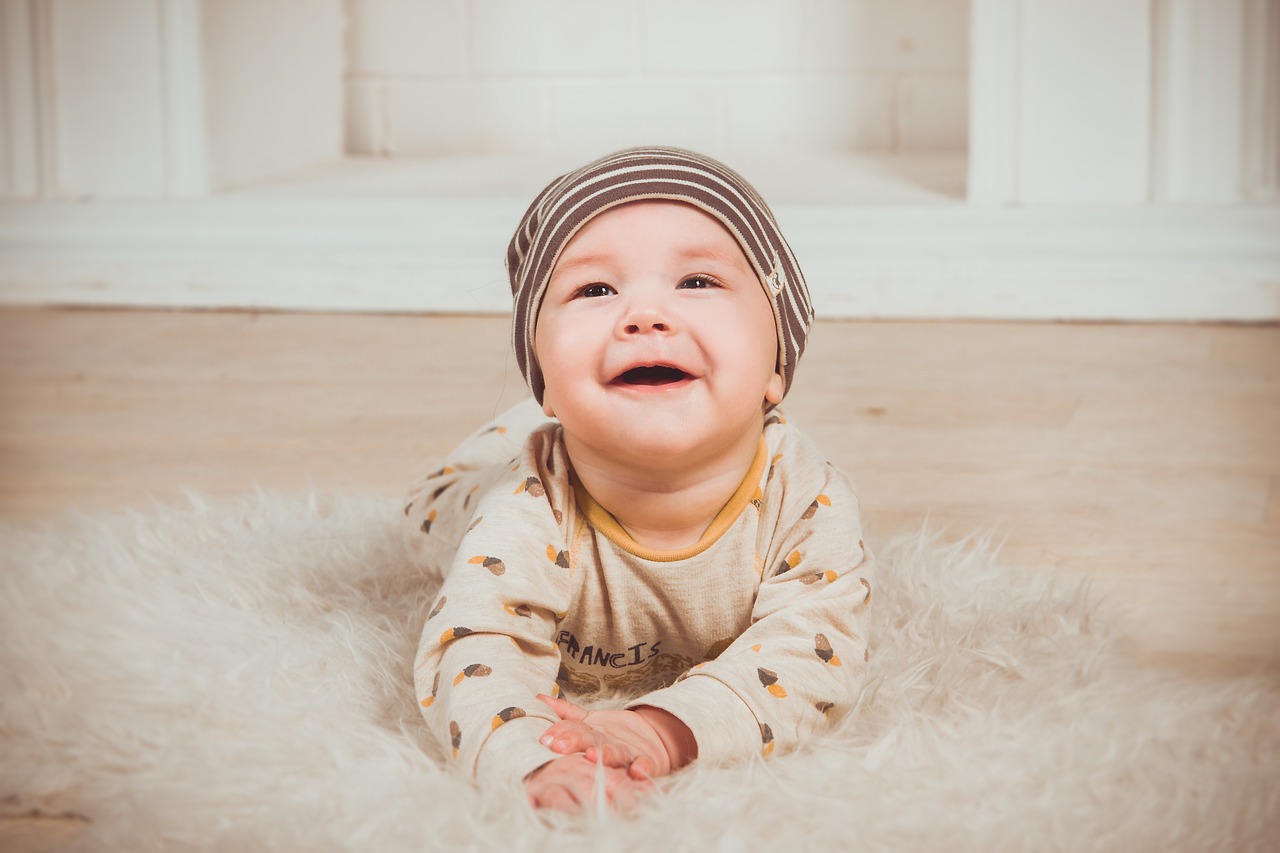
The first teeth (baby or milk teeth) to appear are usually the bottom front teeth (incisors) around 5-7 months, followed by the top front teeth. After that come the other incisors, first molars, canines and second molars. They should have 20 baby teeth by the time they are two and a half years old
- Baby teeth sometimes come through with no pain or discomfort at all. At other times, you may notice:
- your baby's gum is sore and red
- one cheek is flushed
- they are rubbing their ear
- your baby is dribbling more than usual
- they are gnawing and chewing on things a lot
- they are more fretful than usual
- Some people think that teething causes other symptoms, such as diarrhoea and fever, but there's no evidence to support this. Please arrange for your baby to see a doctor if they seem unwell whilst cutting their teeth
- They may find it a relief to chew on something e.g. a teething ring. Teething gels don’t usually help, but if you decide to try one, make sure it is suitable for a baby and sugar-free. Sugar-free paracetamol or ibuprofen can be given to relieve teething symptoms in babies and young children aged 3 months or older
Toothbrushing
- Start brushing your baby's teeth as soon as they start to come through
- Brushing removes plaque, a white sticky film containing bacteria which covers the teeth and gums. Brushing away the plaque keeps teeth and gums healthy
- Use a baby toothbrush with a tiny smear of fluoride toothpaste. Fluoride strengthens teeth and prevents tooth decay (holes)
- Check the ingredients on the toothpaste packaging to make sure it contains no less than 1000 ppm fluoride. Use a toothpaste containing 1350-1500ppm fluoride for maximum prevention. Most ‘own brand’ supermarket toothpastes are suitable and more affordable
- Don't worry if you don't manage to brush much at first. The important thing is to get your baby used to brushing their teeth as part of their daily routine. You can help by setting a good example and letting them see you brushing your own teeth
- Brush all the surfaces of the teeth and gum-line in small circles for around 2 minutes, just before bedtime and at another time that fits in with your routine
- The easiest way to brush a baby's teeth is to sit them on your knee, with their head resting against your chest
- Encourage your child to spit the toothpaste out afterwards. There's no need to rinse with water. Rinsing washes away the fluoride so it can’t do its job
- Always supervise toothbrushing to make sure your child only has a smear of toothpaste on their brush, and they're not eating or licking toothpaste from the tube
Dummies and thumb sucking
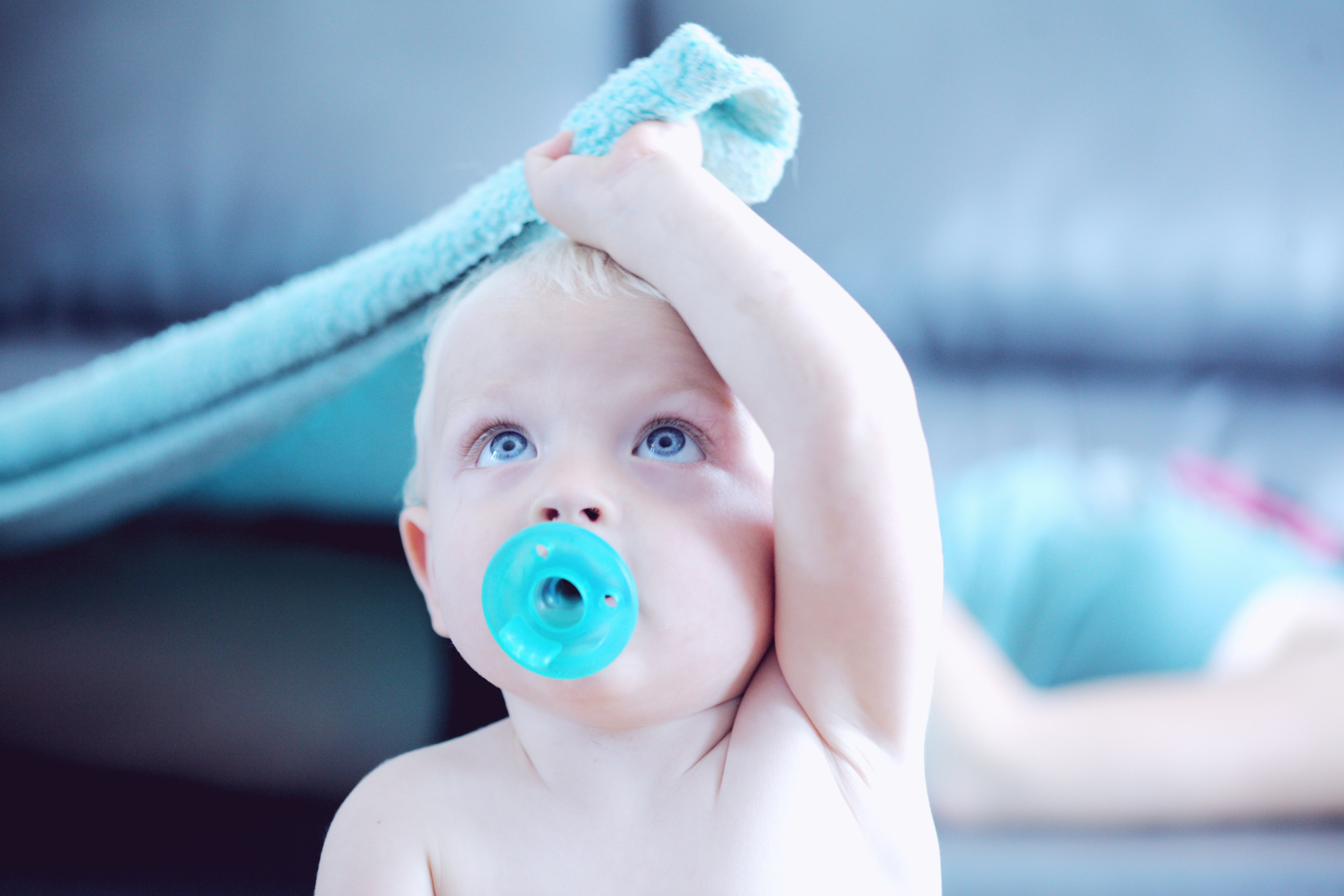
- It's fine to give your baby a dummy but avoid using them after 12 months of age. Using dummies or thumb-sucking can cause the top and bottom front teeth to move to make space for the dummy/thumb, making a gap. Your child's speech and development can also be affected
- Discourage your child from running around, talking or making sounds with a dummy or their thumb in their mouth, and don't dip dummies in anything sweet, such as sugar or jam
- Never suck your baby’s dummy to ‘clean’ it as this will spread germs between you and your baby. Keep plenty of spares instead
Accessing dental care (babies)
- Children should start going to the dentist for regular check-ups along with the rest of the family as soon as the first tooth erupts, and definitely before age 1. The dentist can advise on brushing, a healthy diet and regular check-ups
- Children should have their teeth brushed by an adult as soon as the first tooth erupts, using a toothpaste containing at least 1000 ppm fluoride


